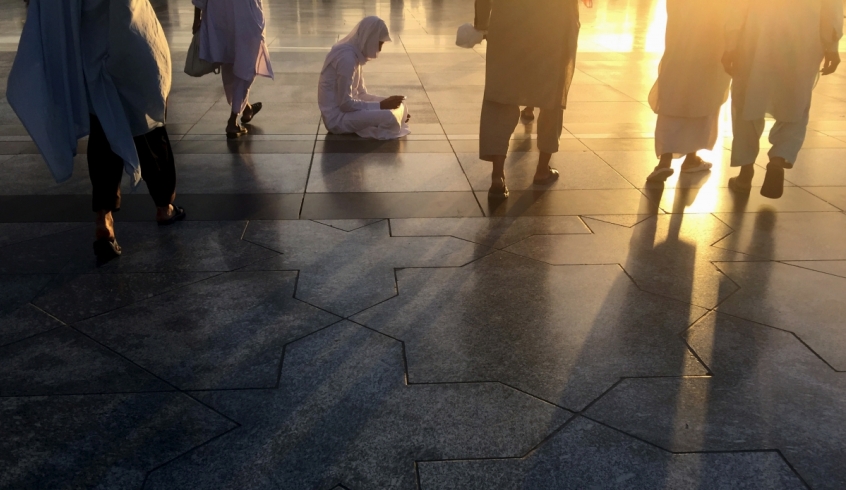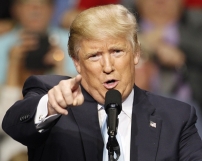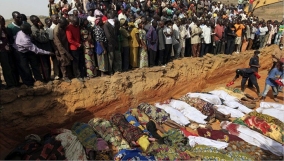
A suicide bomber has targeted Islam's second holiest site in Saudi Arabia, murdering four people and wounding five others.
The four dead men were all security officers guarding Al-Masjid al-Nabawi, the Mosque of the Prophet, in Medina. The suicide bomber blew himself up after they stopped him as he tried to persuade them to break his Ramadan fast with him.
The Prophet Mohammed is buried at the mosque and the attack has left the Muslim kingdom reeling.
Islamic State has often criticised Saudi Arabia, where Sunni Muslims are in the majority, and is being blamed by many for the attack on Medina and similar bomb attacks in two other Saudi cities yesterday.
There have been 26 Islamic State attacks in Saudi Arabia in two years. In the last few days alone, Istanbul, Dhaka and Baghdad have all suffered Islamic State attacks. The group had urged its fanatics to use Ramadan for more atrocities.
So far the terror group has not claimed responsibility for the Saudi attack, one of three. According to CBS News, the attacks may have been an attempt to undermine the Al Saud royal family who are guardians of Islam's holy sites in Mecca and Medina.
Jennan Moussa, a reporter Arabic Al Aan TV, tweeted a graphic picture of the Medina blast:
The blast was heard by Qari Ziyaad Patel, 36, from South Africa, who was in the mosque. He told Associated Press that people thought it was the sound of the canon firing to announce the end of that day's fast. "The vibrations were very strong. It sounded like a building imploded."
Another blast went off outside a mosque in the largely Shia city of Qatif, but apart from the bomber himself there were no other dead. And the US Consulate in Jeddah was also targeted by a suicide bomber who succeeded in killing himself and injuring two security officers.
Javad Zarif, Iran's foreign minister, tweeted his anger:
Shiraz Maher, of King's College, London, told the BBC: "Ramadan is traditionally viewed as the most holy and spiritual month in the Islamic calendar, a time of penance and temperance. Mosques are consequently fuller than usual, typically packed with worshippers seeking divine mercy and blessings.
"Juxtaposed alongside that ascetic puritanism is the view of radicals who regard Ramadan as a month of conquest and plunder. They believe it is an opportune moment to double down on their millenarian war against civilisation and therefore launch more attacks than normal."















